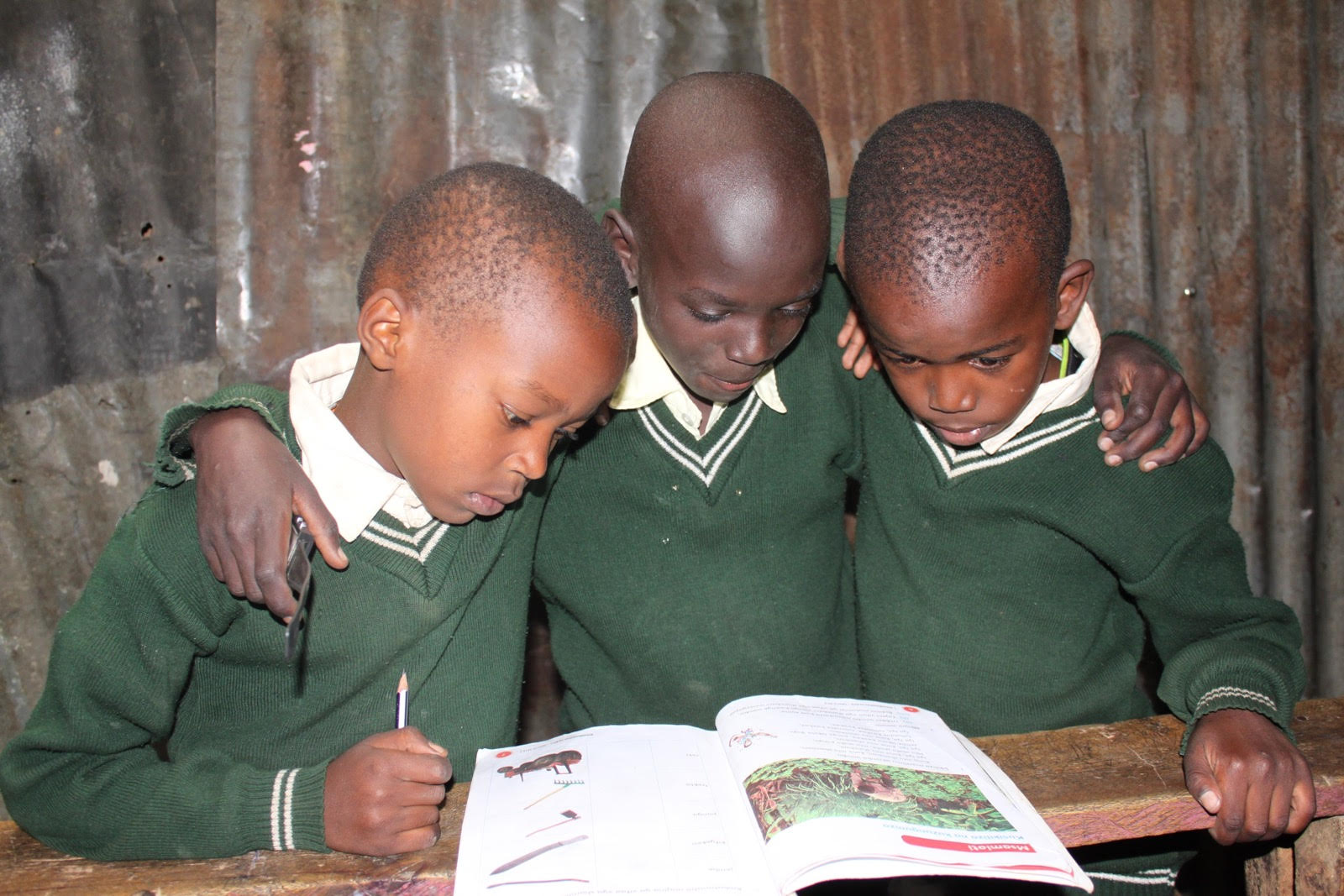As we take stock of the future of education, we need to find answers to two questions:
- What knowledge, skills, attitudes, and values will today’s learners need to thrive and shape their world?
- How can the curriculum effectively promote these skills, attitudes, values, and knowledge?
With these questions in mind, it is evident that quality education cannot wait. It plays a vital role in developing the knowledge, skills, attitudes, and values that enable people to contribute to and benefit from an inclusive and sustainable future. Ultimately, educated individuals are more informed about the world around them and therefore capable of making better decisions.
What we do at EducAfrica Foundation
The reality I have described and the quest to develop good answers to the two key questions I have posed, form the impetus for EducAfrica Foundation’s existence. At EducAfrica Foundation, we not only invest in learners, but we also develop the capacities of teachers, school leaders, and parents in order to support the delivery of learning in and out of schools.
In considering influences on students’ learning, we not only recognize learners’ individuality, but we also acknowledge a wider network of students’ relationships – with their teachers, peers, families, and communities – what we think of as ‘co-agency’. Our programs are designed to contribute to a new ecosystem of learning that aims at ensuring sustainability through collaboration.
RELI Membership
In thinking about how RELI has impacted EducAfrica’s work, one of our team members said, “RELI has given EducAfrica value for association because the tools that are freely shared are a valuable resource for furthering the cause of quality and equitable education”. Our RELI membership has not only provided us with access to timely and accurate educational data for our programs, but it has also afforded us the opportunity to connect with peers and education subject matter experts. This has allowed us to impact our primary beneficiaries (learners) and the teachers/communities in a positive way.
As we look into the future, it is evident that we will continue to face social, economic and environmental challenges driven by accelerating globalization and a rate of technological development previously unexperienced. However, these anticipated challenges or experiences provide us with myriad new opportunities for human advancement. The future is uncertain but we need to be open and ready for it. We need to creatively work together to prepare young children for jobs that have not yet been created, for technologies that have not yet been invented and to solve problems that have not yet been anticipated.
To contribute to efforts to prepare young people for the digital transformation era, EducAfrica is helping students build a solid foundation of literacy and numeracy by providing teachers with pedagogy training. Working within RELI has given EducAfrica tools that improve digital literacy and bridge the digital skills gap including an early introduction to basic computing and access to the internet for learners.
Competency-Based Curriculum (CBC)
Kenyan schools are currently transitioning into teaching the Competency-Based Curriculum (CBC) which aims to prepare Kenyan children for this quickly evolving future. “Competency” implies more than just the acquisition of knowledge, skills, and attitudes. It involves their mobilization to meet complex human demands. We know that in order to excel within this system, Kenyan students will need a broad range of skills, including cognitive and meta-cognitive skills such as critical thinking and self-regulation; social and emotional skills including empathy and collaboration; and practical and physical skills such as using new information and communication technology devices.
In our programs, we, therefore, teach learners to develop curiosity, imagination, resilience, self-regulation, and respect and to appreciate the ideas, perspectives, and values of others. We owe the success of this life skills program to our interaction with RELI.
Ultimately, EducAfrica’s vision is to cultivate learners who are change-makers in society and care about the well-being of their friends, families, community, country, and the planet. And as we strive to fulfill this dream, we continue to be strengthened by RELI’s commitment to providing its members with access to a very rich platform that contributes to our professional development and our capacity to deliver impactful programming.
This article was written by Peter Evans Oriwo


